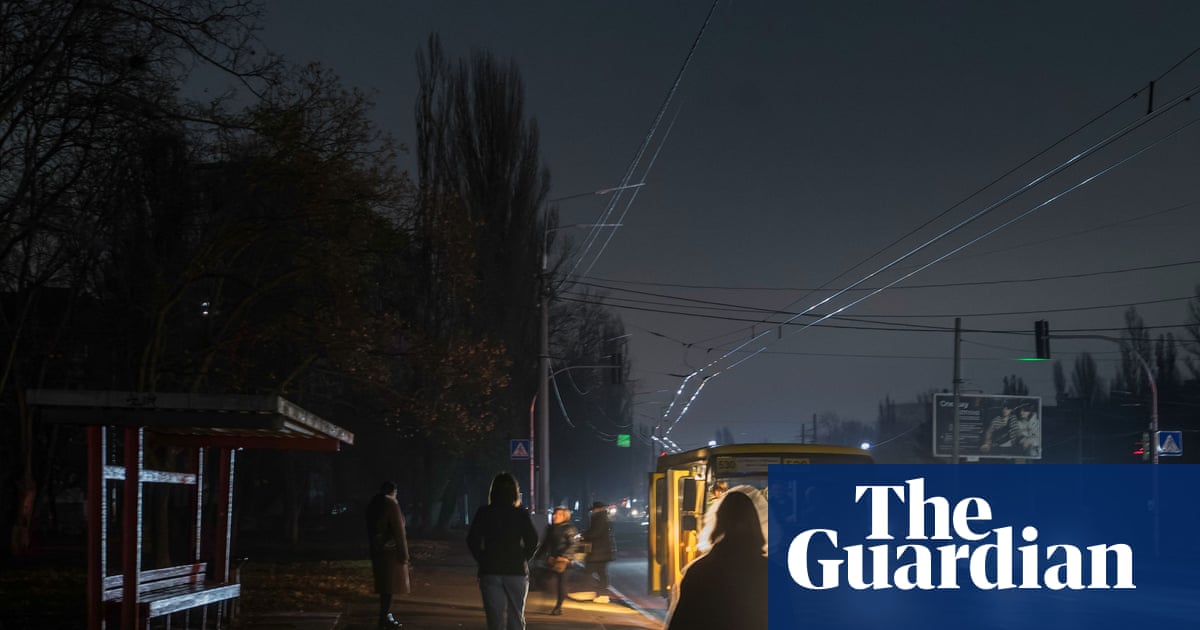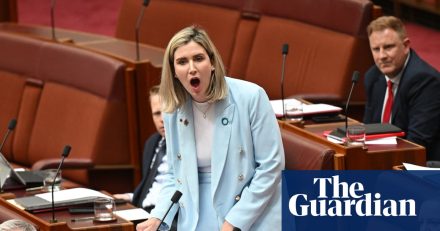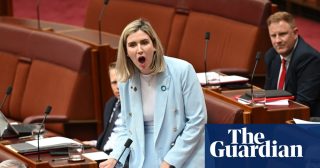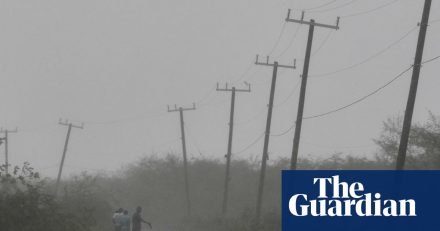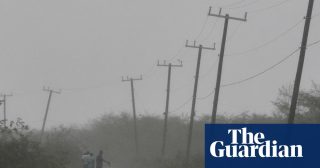Ukraine’s anti-corruption bureau said on Monday it is carrying out a broad probe into the energy sector, alleging kickbacks in deals involving state nuclear operator Energoatom.
The independent bureau said several senior figures were implicated. Ukrainian media named one as Timur Mindich, a businessman linked to President Volodymyr Zelenskyy. Mindich reportedly left the country hours before investigators searched his Kyiv apartment. He is co-owner of Kvartal 95, the media company Zelenskyy founded before entering politics.
The two were friends and business partners before Zelenskyy’s political career; one source said they have had much less contact since Russia’s full-scale invasion nearly four years ago.
In a statement, the national anti-corruption bureau (NABU) said a group of individuals had formed a criminal gang and built “a large-scale corruption scheme to influence strategic enterprises in the public sector, in particular Energoatom”. NABU alleges the group forced Energoatom’s counterparties to pay 10–15% kickbacks to avoid blocked payments or losing supplier status.
A senior official in Zelenskyy’s office, asked about Mindich, said the government supports efforts to stamp out corruption and that evidence gathered by NABU and other independent bodies should be tested in court.
The case underscores persistent tensions between the presidential administration and Ukraine’s main anti-corruption bodies. In July Zelenskyy approved a controversial bill that weakened the powers of NABU and the specialised anti-corruption prosecutor’s office, prompting thousands of protesters to gather outside the president’s office in Kyiv calling for a veto.
Facing public backlash and pressure from European allies, Zelenskyy backtracked and new legislation was quickly passed to restore the agencies’ powers, appearing to reaffirm their independence.
Tackling graft and strengthening the rule of law remain prerequisites for Ukraine’s EU accession, which many Ukrainians view as vital amid the ongoing war with Russia.
Ukraine’s power system has also been damaged by a campaign of Russian strikes this autumn, causing widespread outages. While Russia has not struck nuclear plants, it has damaged substations connected to them.
In an interview with the Guardian published on Sunday, Zelenskyy described Vladimir Putin’s actions as deliberate “terrorist acts” against civilians, cutting off power and water; the lights went off twice during the conversation in the presidential palace in Kyiv.
Reuters contributed to this report.
